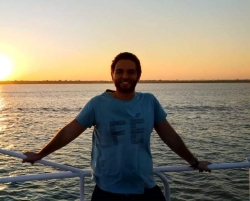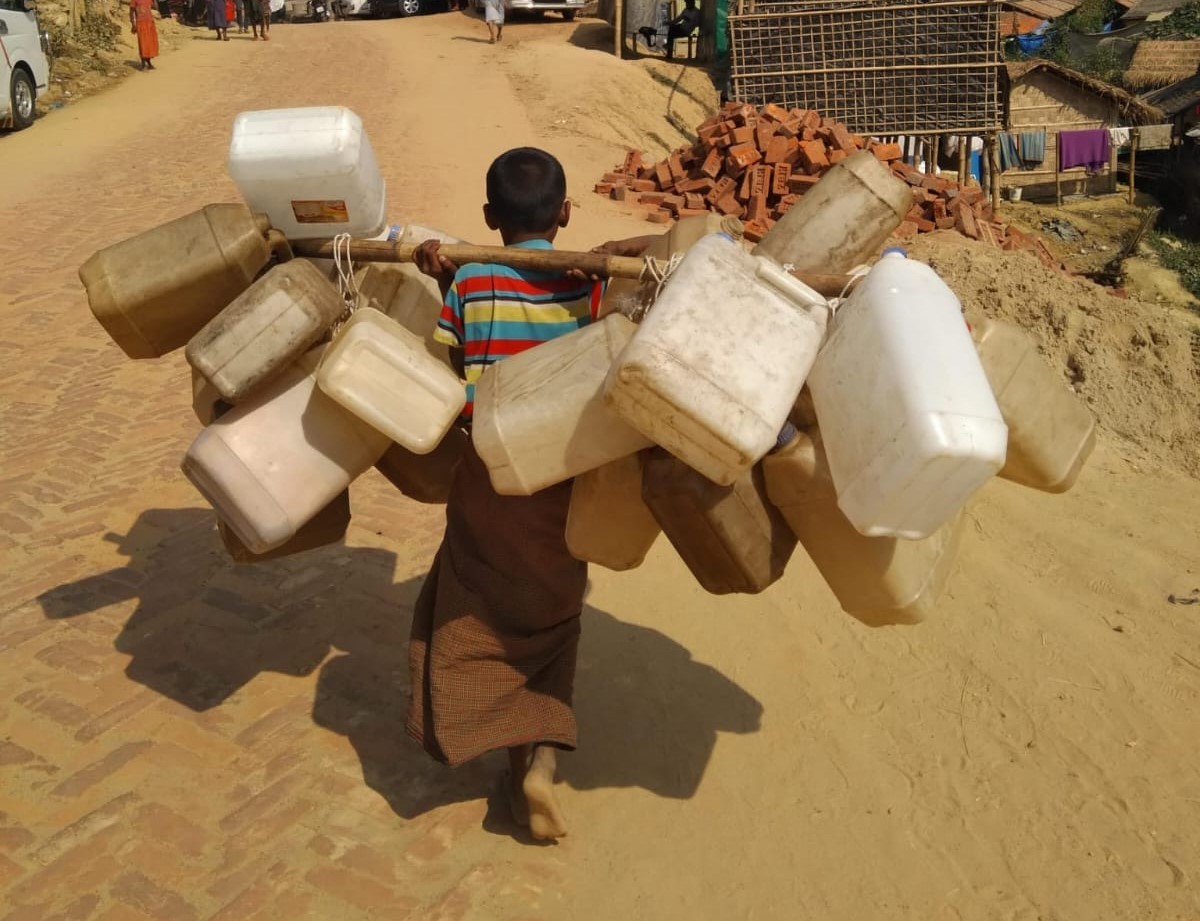
"The poor live the passion of the Lord in their own flesh." António Lourenço, a young 30-year-old Portuguese doctor, spoke about his missionary experience in Bangladesh to mark the 7th World Day of the Poor. Next Sunday, November 19, Pope Francis will preside over a Mass to mark the Day in St. Peter's Basilica.
What does “Do not turn your eyes away from the poor” mean for your life?
“It means not being afraid to face poverty and misery, and being able to feel compassion for those affected, because it is in that poverty, in that misery, that the Lord is most present. He himself says so, in a passage that Pope Francis never tires of quoting: "Whatever you did to even one of the least of these little brothers of mine, you did to me" (see Mt 25.40). So, it is in these little brothers and sisters of mine that the Lord manifests himself. I really like this other phrase from Saint Paul: "I complete in my flesh what is lacking in the sufferings of Christ" (see Col 2:24). In reality, this continues even today. The poor and the suffering complete the Passion of the Lord in their own flesh. Therefore, we must not be afraid to face poverty, to face misery, and to be able to feel compassion for those affected, transforming our hard hearts into hearts of flesh."
In your mission to Bangladesh, what did the people you met teach you? How long were you there and where did you go?
“I spent about a month in Bangladesh, most of the time I spent in the Kutapalong refugee camp. There I worked in a hospital that mainly cared for women and children - they constituted the vast majority of the camp's inhabitants. I made some medical calls, general medicine to treat acute illnesses. What these people taught me most was the incredible resilience of the human spirit. I realized how death, pain, suffering and misery go hand in hand with love, hope, faith and peace. This is the great lesson. In these realities we see the cross of Christ, but we also see the signs of the resurrection. Even if it is sometimes difficult, they are there to be recognized."
From your days in Bangladesh, can you think of a story, or the face of a particular person for whom you thanked God or asked for a grace?
“Maybe it's a bit of a cliché, but what struck me most were the faces of the children who, despite living in such a precarious and complicated context, which threatens their future so much, don't stop smiling, don't stop playing, never stop being curious about the stranger, about the other … In short, they don't stop being children and I think that is very touching. It’s amazing to think that even in these extreme contexts, where the dignity of human life is most threatened, life continues and there are still seeds of goodness and grace amidst the worst reality we can imagine. It really struck me that there is no place where the light of God does not reach. Even in the deepest darkness, that light reaches us."

